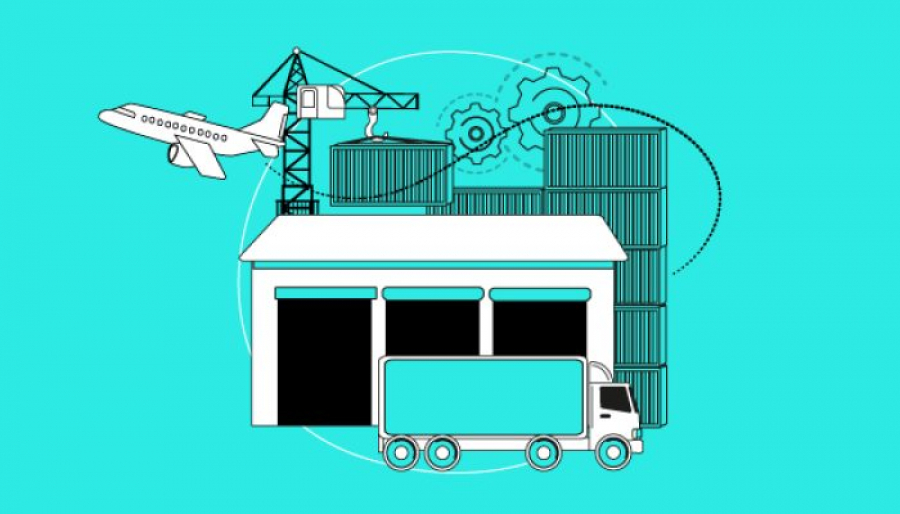According to the International Monetary Fund (IMF), it explained whether it is the global economic slowdown, whether it is climate change, or the cost of living crisis and high debt levels: there is no easy way to cut it.
To that must be added the geopolitical tensions that have further complicated the response to fundamental problems on a global scale.
Increasing risks of fragmentation
However, global integration has not benefited everyone. The disruptions generated by changes in trade and technology have hurt certain communities. Public support for economic openness has waned in several countries. Moreover, cross-border flows of goods and capital have been leveling off since the global financial crisis.

Recent studies show wide divergences in the costs of such fragmentation. In the longer term, the cost of trade fragmentation could range from 0.2% of world output in a scenario of limited fragmentation to almost 7% in a more difficult scenario, roughly equivalent to the combined annual output of Germany and Japan.
The World Bank said that, if technological decoupling is added, some countries could register losses of up to 12% of GDP.

However, according to new analysis by IMF staff, the total impact would tend to be even greater, depending on the number of fragmentation channels considered.
In addition to restrictions on trade and barriers to technology diffusion, fragmentation could manifest itself in restrictions on cross-border migration, a reduction in capital flows and a sharp decline in international cooperation, preventing us from addressing the challenges facing a more shock-prone world.

In a global economy beset by weak growth and high inflation, we need a much stronger trade engine. With trade growth forecast to slow by 2023, it is all the more urgent to dismantle the distortionary trade subsidies and restrictions that have been adopted in recent years.
The first thing that needs to be done to strengthen the role of trade in the global economy is to thoroughly reform the World Trade Organization (WTO) and conclude market-opening agreements based on WTO principles. However, reaching agreements on complicated trade issues remains a difficult task, given the diverse composition of the WTO, the growing complexity of trade policy and the heightened geopolitical tensions.
Translated by: A.M
 English
English  Español
Español 
